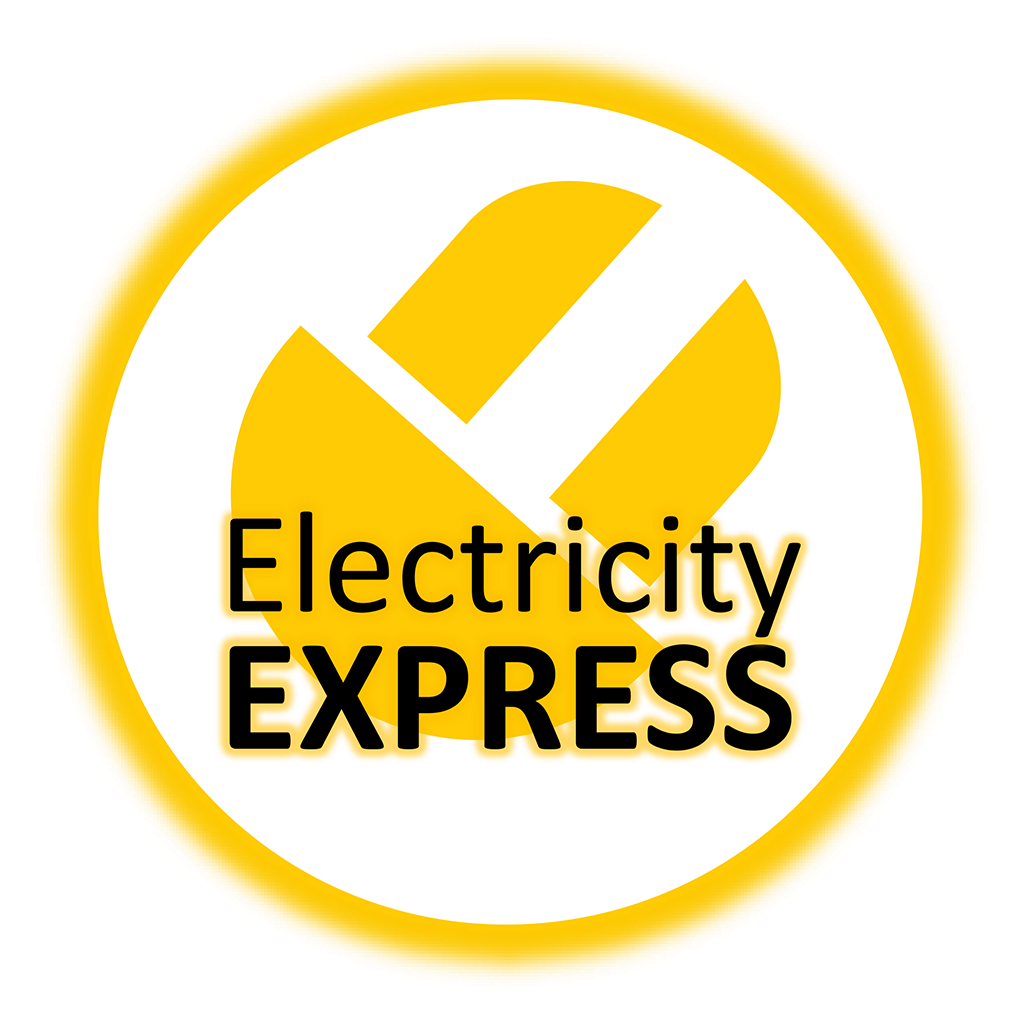What is Net Metering?
Net Metering is the billing system that credits the homeowner for the excess of electricity they add to the grid from their solar system energy production.
One of the misconceptions when talking about solar panels is that homeowners will get paid for the excess energy produced by their solar system. If a salesperson tells you that you will get paid if you go solar, this is a lie.

Correct Count of Energy
The differences between getting paid and getting credit
Most solar systems are designed to produce over 100% of the electricity a house needs. The excess energy produced by a solar system will be sent to the grid for someone else to use it. Let me tell you that is not easy to store* electricity.
Net Metering and the Utility
So, if I am giving my electricity to someone else, why I’m not getting compensated?
The utilities do not wish to make this a business anyone can run from their home. Then, what happens is that you get CREDIT for the extra kilowatts you push to the grid. You won’t get paid; you’ll get credits.
When you install a solar system, and your solar system is producing 103% of your electricity demand, that 3% excess of energy will be sent to the utility. So, let’s say that during the day you produced, 35 kilowatts, and at night you used 30 kilowatts. Then, the utility will credit/store 5 kilowatts for you.
There are months that you will produce much more electricity and in other months the solar system will be underproducing. You may count the utility as your energy storage facility.
The meter will tell the utility about the incoming and outgoing kilowatts. Net metering is the balance between the production and demand of energy of a solar system.
PPA – Power Purchase Agreement
This is a solar system sale strategy that I do not recommend. Furthermore, this billing system will purchase all the energy the solar system produces at a wholesale price and the homeowner will buy electricity from an electricity company at a retail price. In this case, yes, the homeowner will get paid for the energy produced by the solar system. However, at the end of the day, the retail electricity price is always higher than the wholesale price. With net metering, the energy company will know how much energy to charge you.
Of course, a solar farm is a completely different scenario.
*Energy Storage & Batteries
As mentioned above, a homeowner can use the utility to store the excess of energy produced by the solar system. Another way to store electricity is with batteries. Remember that the storage of electricity is not easy. Batteries are expensive and they don’t last forever. Also, there is a limit to the energy a battery can hold. The utility can hold unlimited energy for you.
Follow our Power Blog for more energy-saving ideas
For a solar quote, contact us at Proway Exteriors
